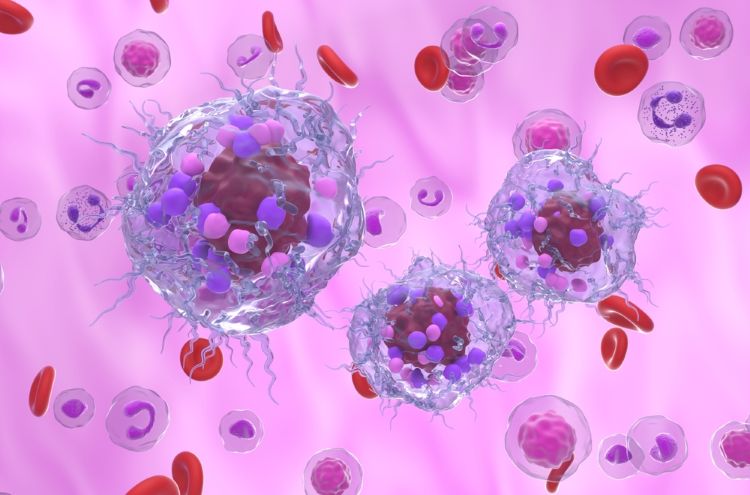Keytruda post-surgery could halt return of distant tumours in rare skin cancer
Posted: 20 October 2025 | Catherine Eckford (European Pharmaceutical Review) | No comments yet
Merck & Co’s anti-PD-1 immunotherapy showed evidence at ESMO of its ability to prevent cancer recurrence in Merkel cell carcinoma.


An immunotherapy given immediately post-surgery could prevent recurrence of distant metastases in an aggressive form of skin cancer, new long-term clinical data suggests.
The phase III STAMP trial is the largest clinical study to date investigating Merck & Co’s anti-PD-1 therapy Keytruda (pembrolizumab) as adjuvant therapy for the skin cancer Merkel cell carcinoma following surgery to remove a patient’s tumour.
Immunotherapy demonstrates first-of-a-kind evidence
Data showed that after two years, 73 percent of patients’ cancer did not recur. This is compared with 66 percent in those who did not receive the drug. Additionally, participants treated with the immunotherapy had a 42 percent lower risk of their cancer spreading to other organs.
[the STAMP trial] provides the first evidence that immunotherapy with pembrolizumab after surgery may help people with Merkel cell carcinoma by preventing their cancer from returning in organs considered distant from the site of the original disease”
However, the clinical trial found pembrolizumab did not significantly reduce the overall risk of recurrence, which was a co-primary endpoint of the trial.
Pembrolizumab is approved by the US Food and Drug Administration (FDA) for recurrent locally advanced or metastatic Merkel cell carcinoma. It works by enabling the body’s immune cells to detect and attack tumours more effectively.
Lead trial investigator Dr Janice Mehnert stated that the STAMP trial “provides the first evidence that immunotherapy with pembrolizumab after surgery may help people with Merkel cell carcinoma by preventing their cancer from returning in organs considered distant from the site of the original disease”.
Data from this trial was presented at the European Society for Medical Oncology (ESMO) 2025 Congress in Berlin.
Overall survival outcomes from the study are still being observed. These findings will be reported at a later date, according to Merck.
Normally administered via infusion, last month, the Committee for Human Medicinal Products (CHMP) gave a positive opinion for subcutaneous injection of pembrolizumab in all its adult indications authorised in the EU.
Related topics
Anti-Cancer Therapeutics, Big Pharma, Clinical Development, Clinical Trials, Data Analysis, Drug Development, Industry Insight, Rare diseases, Research & Development (R&D), Therapeutics









